I have two numbers N and M. I efficiently want to calculate how many pairs of a,b are there such that 1<=a<=N and 1<=b<=M and a*b is a perfect square.
I know the obvious N*M algorithm to compute this. But i want something better than that. Thanks for any help in advance. A pseudo code will be more helpful.
EDIT : I think it can be done in a better time may O(m+n) or something like that but calculating new pairs directly from previous pairs rather than iterating over all a and b.
 and
and  , for i from 1 to n, where the ai and bi can be any positive integer or 0.
, for i from 1 to n, where the ai and bi can be any positive integer or 0. , and the caracterization of a perfect square in that writing would be that all the (ai+bi) need to be even (0 is even, for the record).
, and the caracterization of a perfect square in that writing would be that all the (ai+bi) need to be even (0 is even, for the record).